Keywords: Fr Frank Brennan
-
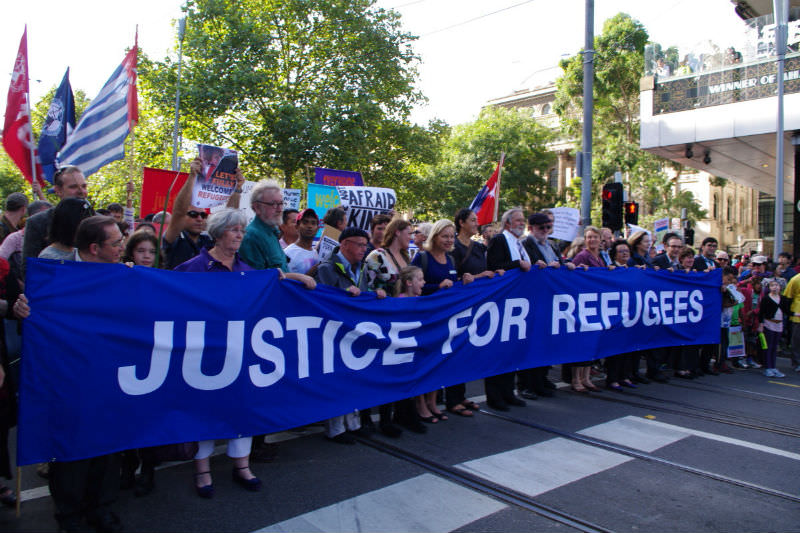
AUSTRALIA
- Frank Brennan
- 17 August 2021
9 Comments
Last Wednesday, the Senate Standing Committee for the Scrutiny of Delegated Legislation chaired by the Government’s Senator Concetta Fierravanti-Wells tabled a report highlighting problems with a proposed new regulation affecting charities.
READ MORE 
-
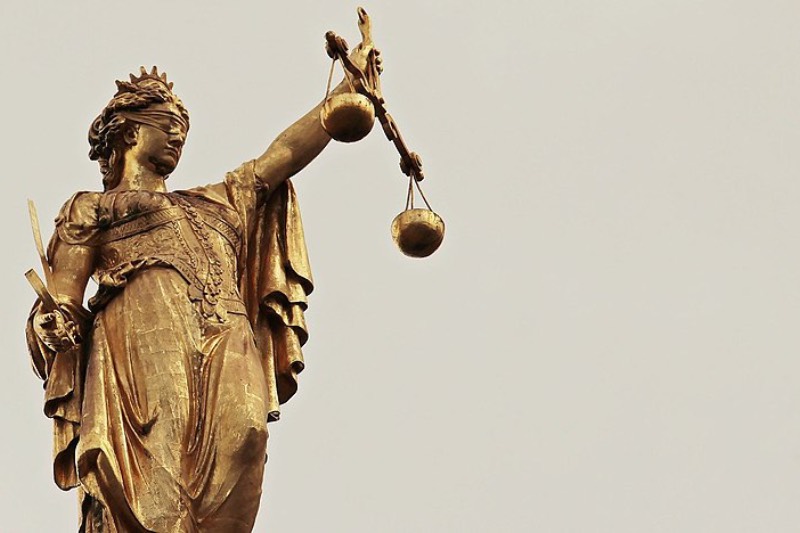
AUSTRALIA
- Frank Brennan
- 13 July 2021
12 Comments
Australian governments and judges have been playing catch up for a long time trying to deal with the backlog of claims for migrant visas. A couple of recent judgments highlight the frustration at work in the system.
READ MORE 
-
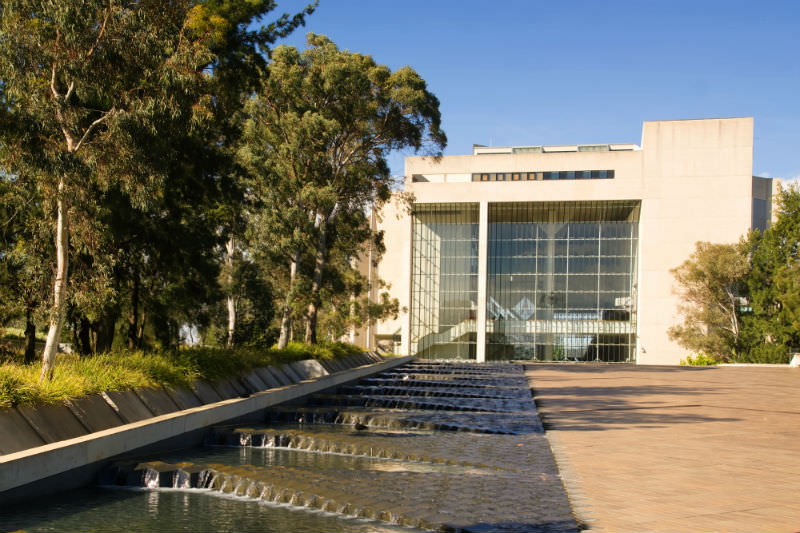
AUSTRALIA
- Frank Brennan
- 24 June 2021
11 Comments
Who’d have thought that during Refugee Week, Australia’s highest court would endorse the Parliament’s view that our non-refoulement obligations under the Refugee Convention and the Convention Against Torture were now an irrelevance.
READ MORE 
-

AUSTRALIA
- Frank Brennan
- 20 May 2021
25 Comments
Australian jurisdictions are presently considering laws and policies relating to euthanasia, physician assisted dying and medically assisted suicide. The law can and should provide bright-line solutions or at least firm parameters within which the dying, their loved ones and their care providers can negotiate dying and death.
READ MORE 
-
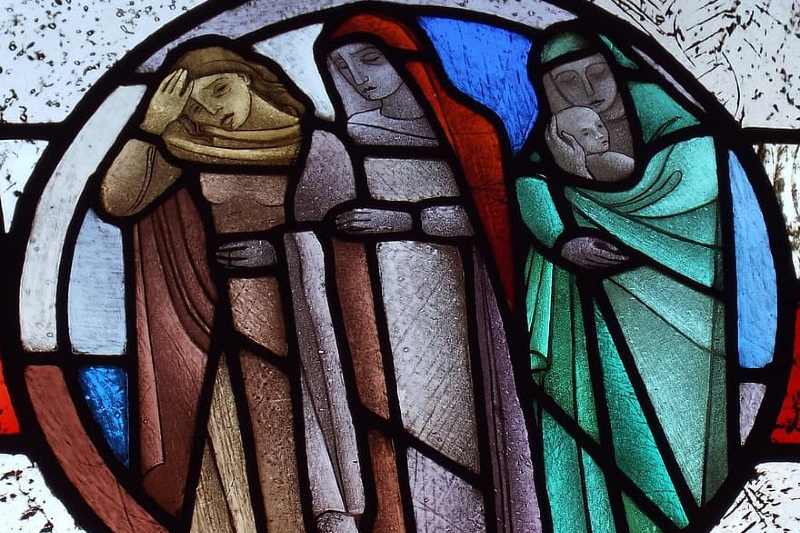
RELIGION
- Marilyn Hatton
- 27 October 2020
37 Comments
Phyllis Zagano’s latest book Women: Icons of Christ is a must read for all who desire equality for women in our world and an inclusive practice of Catholic faith. The critical issue Zagano presents in this book is that ordaining women to the deaconate is a not a new or forbidden act in Catholic history but rather a return to a practice that endured for hundreds of years.
READ MORE 
-

RELIGION
- John Warhurst
- 31 May 2019
14 Comments
The church has something in common with both sides of politics because the Catholic community has a split political personality. Its range of concerns is so broad that they are addressed in various ways by different political parties. It wants to make an impact on government, but it is always highly unlikely that it can have it all.
READ MORE 
-
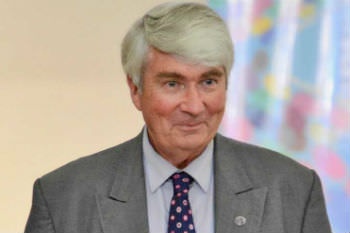
RELIGION
- Frank Brennan
- 01 March 2019
2 Comments
'John was Catholic to his bootstraps: Catholic, Irish Australian, a Labor man and a Carlton supporter. He'd have loved the inaugural speech delivered in the Victorian Parliament last month by the new Labor member for Hawthorn.' — Frank Brennan, Great Hall University House, Australian National University, 1 March 2019.
READ MORE
-
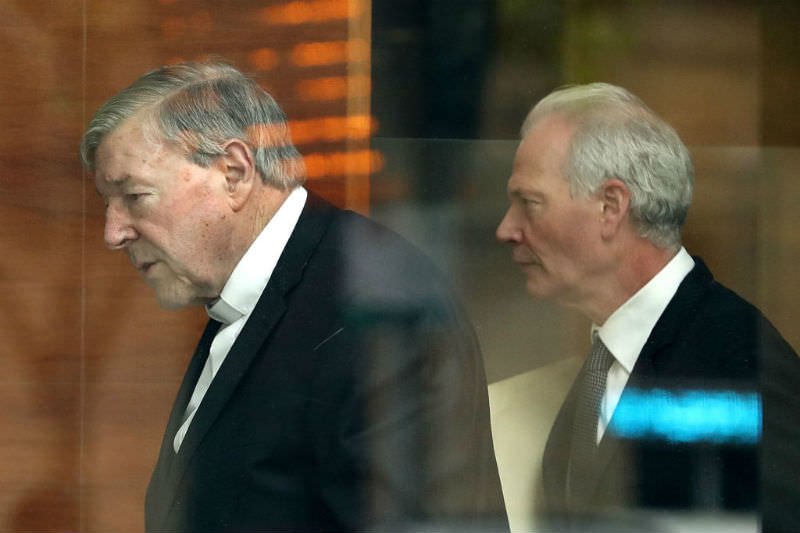
AUSTRALIA
- Frank Brennan
- 26 February 2019
253 Comments
Should the appeal fail, I hope and pray that Cardinal Pell, heading for prison, is not the unwitting victim of a wounded nation in search of a scapegoat. Should the appeal succeed, the Victoria Police should review the adequacy of the police investigation of these serious charges.
READ MORE 
-

RELIGION
- Frank Brennan
- 18 February 2019
'We can do this better by breaking down the silos and binding together our concern for nature, justice for the poor, commitment to society, and interior peace.' Opening Keynote Address by Fr Frank Brennan SJ at the Catholic Social Services Australia National Conference, Port Macquarie 19 February 2019.
READ MORE
-
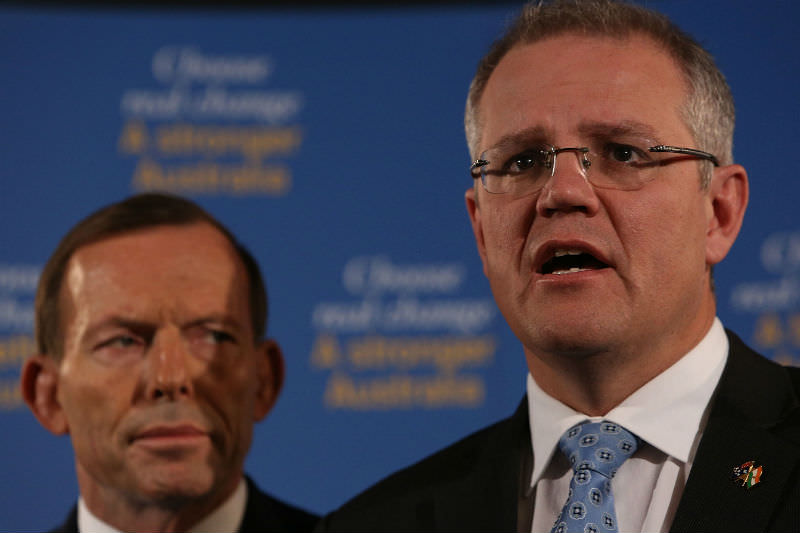
AUSTRALIA
- Frank Brennan
- 18 February 2019
26 Comments
We are all gearing up for the third election in a row when boat turnbacks and the punitive treatment of refugees and asylum seekers feature. It need not be so. It’s time voters sent a message that it should not be so.
READ MORE 
-
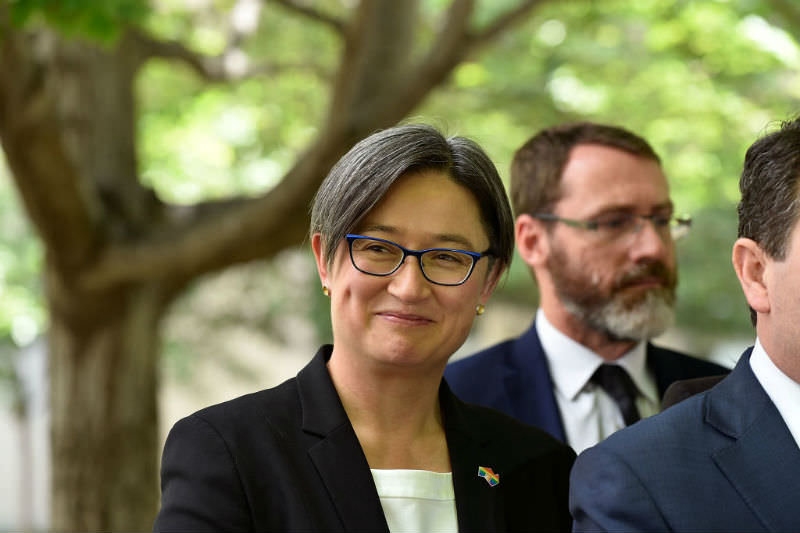
RELIGION
- Frank Brennan
- 15 January 2019
40 Comments
When Parliament resumes, one outstanding item of business will be Penny Wong's bill dealing with religious schools' capacity to discriminate against students on the basis of gender identity or sexual orientation. I support the bill subject to the proviso that religious schools should remain free to teach their doctrine respectfully and reasonably.
READ MORE 
-
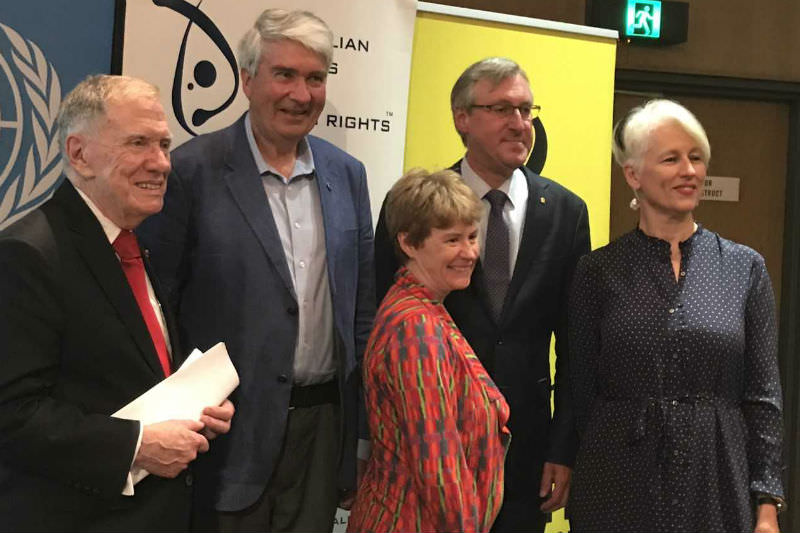
AUSTRALIA
- Frank Brennan
- 17 December 2018
15 Comments
Let's hope all members of parliament can agree to the insertion of such a clause in the legislation providing assurance to religious educators that they can continue to teach their doctrine in good faith while assuring all students and their families that they will not suffer any detriment while sitting at the feet of religious educators.
READ MORE 